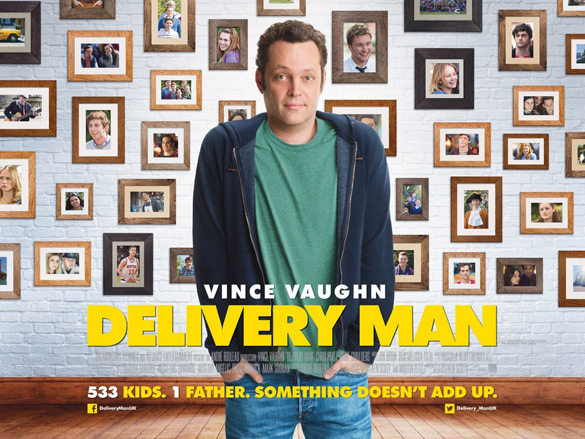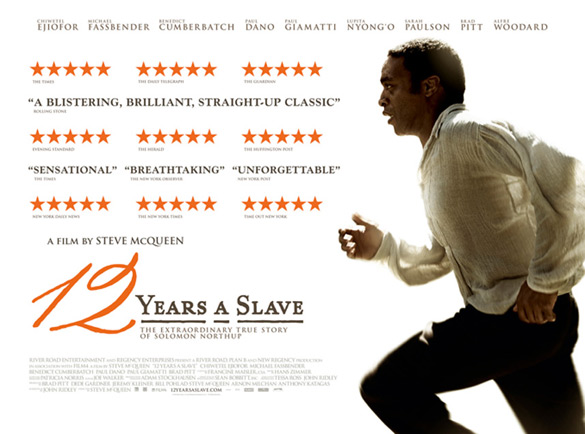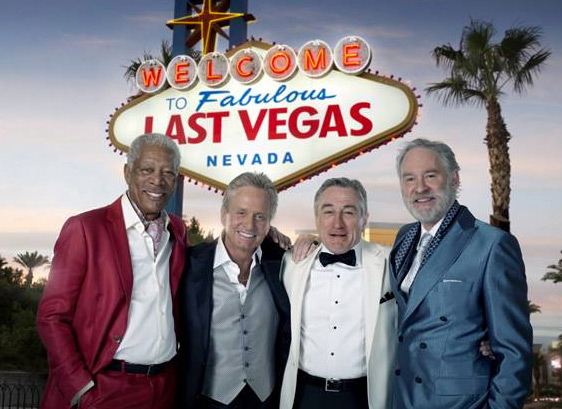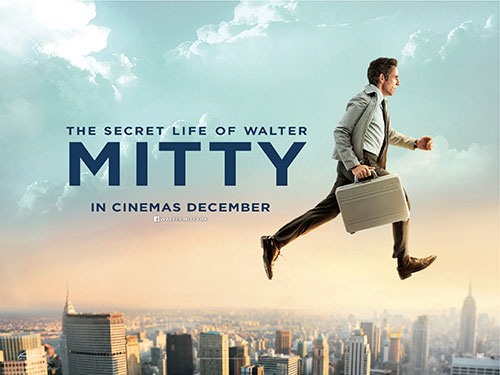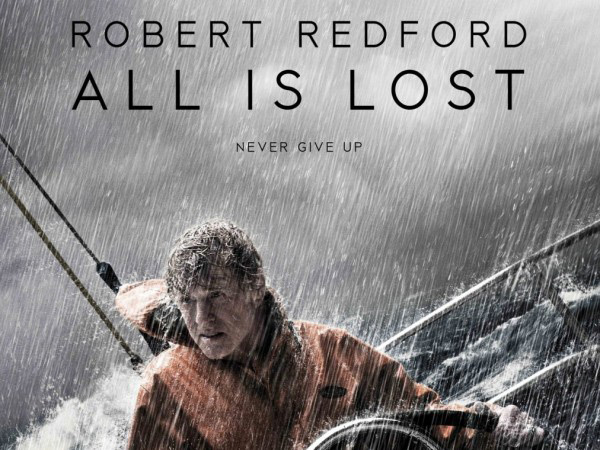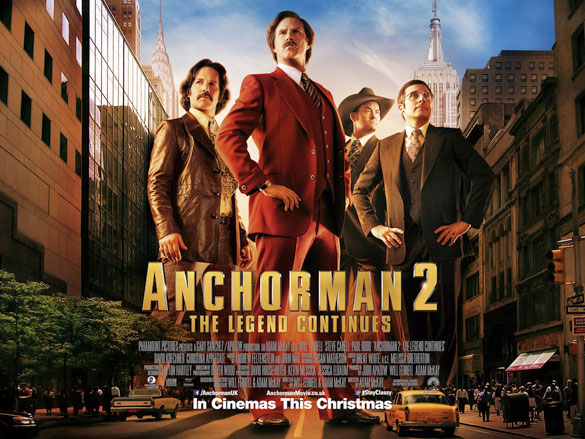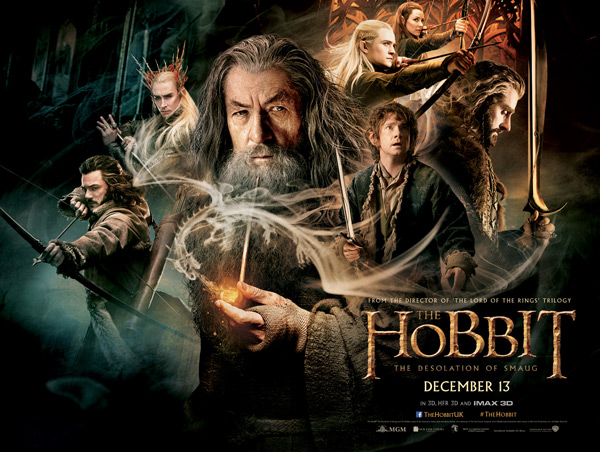The Railway Man ***
Colin Firth has done some of his finest work recently since The King’s Speech, reaffirming his dominance in British screen drama. Therefore, a film based on the memoirs of British WW2 veteran Eric Lomax, who survived the gruelling hardship of working on Burma’s railway as a POW, and starring Firth as Lomax promises another resounding screen success. Indeed, Firth makes the most of a disjointed plotline that sadly stops and starts and carves up any dramatic nature that such a real-life story should strongly and consistently evoke.
Lomax is a railway enthusiast who meets and falls in love with a fellow travelling companion, Patricia Wallace (Nicole Kidman), who later becomes his wife. However, Lomax has a dark and haunting past as a WW2 POW working on the new railway, ‘Death Railway’ in Burma. This causes him repeat nightmares and continual psychological torment, years after the war has been over.
Patricia resorts to finding out more from Lomax’s fellow former POW, Finlay (Stellan Skarsgård), after her husband refuses to talk. One day Lomax discovers his key torturer is still alive and helping run the country’s Kempeitai War Museum, dedicated to Death Railway’s fallen, and decides to confront him in the hope of ridding Lomax of his demons.
The film’s beginning promises superior and complex subtle tones and menacing unease to come, with an endearingly awkward union between Firth and Kidman. Both acclaimed actors play to their strengths in the limited screen-time they have together. However, director Jonathan Teplitzky and screenwriter Frank Cottrell Boyce’s script seems to keen to plunge us into the WW2 setting as soon as possible, without allowing breathing space and character empathy to first grow. There is an unsettling curiosity and delayed answers as to the root of Lomax’s temperament that do benefit from the time-jumping plot.
Indeed, Jeremy Irvine as the young soldier Lomax fares very well in this respect, giving a standout performance as the young engineer who takes the fall and the brutal punishment from his captors for trying to build communication to the outside world. Irvine, who is no stranger to wartime roles (young star of War Horse), has found his niche here in a more sobering and serious part, and gets full credit.
That said as uneven as the story flows and sometimes languid in parts, Teplitzky gives dramatic centre-stage to Firth in the present day as Lomax when confronting his tormentor Nagase, aptly played by Hiroyuki Sanada. This should be the ultimate redemption scene, full of emotive power but feels a bit of damp squib in hindsight, with the most powerful impact being the end scene on the railway tracks and subsequent real-life photographs in the end credits. It feels as though Firth is holding back in authority and vengeful nature that the whole story has been building to, which is disappointing.
What is a remarkable real-life tale feels short-changed in the hands of Teplitzky and team, even though there is just enough characterisation and unimaginable hardship to get immersed in. The lasting sentiment of The Railway Man is not as dramatically compelling as one might have hoped for, and this is probably a factor of the jumbled plotline, rather than acting ability. Still, such a tale deserves our full attention, and the cast is a stellar one to admire, as well as the stunning production values.
3/5 stars
By @FilmGazer


